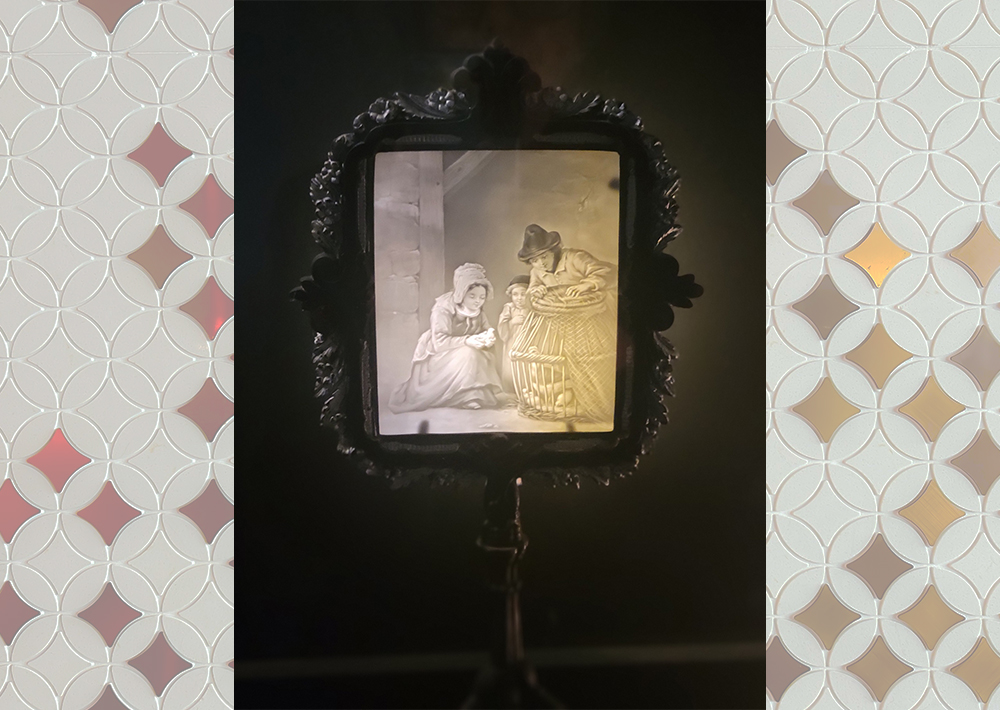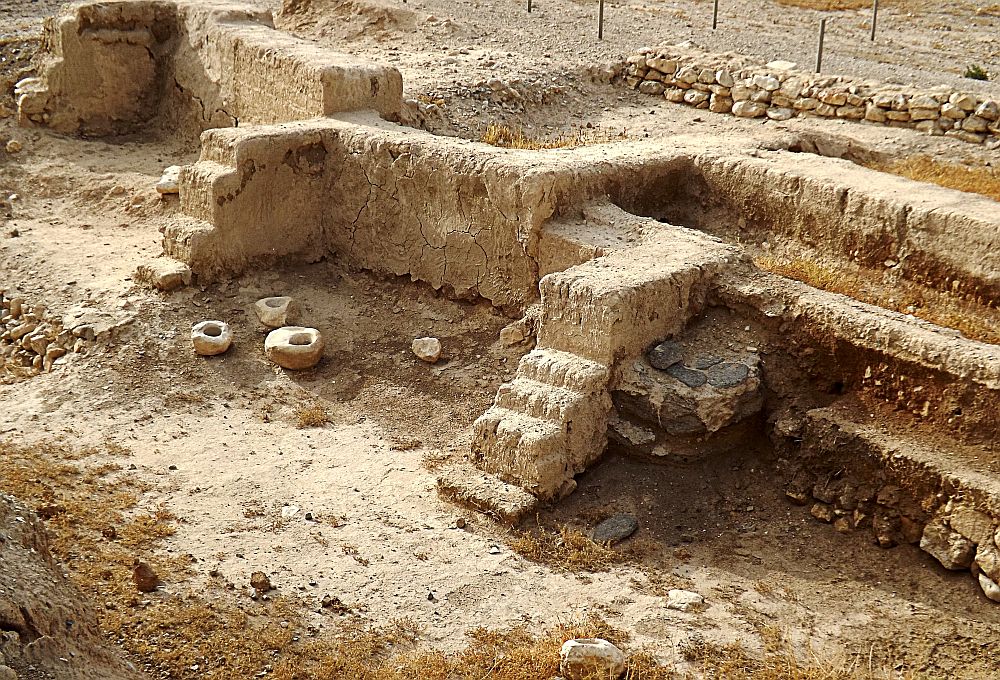To encourage more African-Americans to adopt science and engineering careers, the NSF-funded International Materials Institute for New Functionality in Glass at Lehigh University is commencing an outreach program at Tuskegee University in Alabama, where the student body is predominantly black.
Disparity calls for action “African-Americans make up 13 percent of America’s population but hold just four percent of the academic positions in science and engineering, according to a NSF study,” says IMI’s director and principal researcher, Himanshu Jain. Jain and Carlo G. Pantano, IMI’s co-principal investigator, say the IMI sees this disparity as a “call for action.” Responding to that call, both researchers recently spent two weekends teaching a short course on glass science and engineering at Tuskegee. Jain, a Lehigh professor of materials science and engineering, and Pantano, a professor of materials science and engineering and director of the Materials Research Center at Penn State, say Tuskegee students and faculty responded enthusiastically to this first endeavor. Initially, Jain and Pantano planned to present their lectures as part of an existing physics course at Tuskegee. But, because students from so many different departments expressed interest in attending, sign-ups far surpassed attendance limitations.
Course contents As a result, the professors decided to offer an entirely independent short course. Lectures were divided into two parts and given on two successive Fridays and Saturdays. Jain taught nine one-hour lectures the first weekend, and Pantano followed by teaching eight sessions the second week. Associate professors from Tuskaegee’s physics department – Prakash C. Sharma and Akshaya Kumar – finally chose student attendees based on grades and statements of interest. In the end, 15 undergraduate and graduate students in physics, aerospace science and engineering, chemical engineering and mathematics, and from the Center for Advanced Materials, were selected to enroll. Lectures were supplemented with demonstrations and videos as Jain and Pantano introduced Tuskegee students to fundamentals and applications of structure, properties, processing and the manufacturing of glass. One of the course highlights was a series of hands-on demonstrations developed at IMI and using one form of glass – hard candy made of sucrose, water and corn syrup – as a paradigm for the better-known form of “window” glass made of soda, lime and silicate. Also popular was a video on the art and science of glassblowing, which helped students relate glass science to the visual and practical effects of viscosity and colorants.
Response encouraging “The students who attended the course were highly motivated and interested in learning the subject,” Jain says. “Many had stereotypical ideas about glass but were happily surprised by its numerous attributes, advantages and applications in advanced technology – in spite of its being one of the oldest man-made materials.”For their part, the students gave the course excellent ratings. Jain concluded that the short course succeeded in generating interest in glass science and engineering, and would like to see it applied to other branches of science as well. Jain, Pantano and the Tuskegee faculty are planning to turn the lectures into a regular course to be taught through live lectures and distance learning. The partnership between Tuskegee and IMI also promises to enhance research into glass science through an ongoing collaboration between Kumar and Hassan Moawad, an IMI visiting scientist from the University of Alexandria in Egypt. In addition, many Tuskegee students expressed interest in taking part in NSF’s Research Experience for Undergraduates programs at Lehigh and PSU. “Our partnership has opened doors for attracting bright African-American students to Penn State and Lehigh to pursue careers in science and engineering,” says Jain. “Once word gets around, I hope we have a steady flow of these excellent students. The resources of IMI will ensure that they gain the international experience that is becoming increasingly important with the globalization of science and technology.”
CTT Categories
- Education
- Material Innovations
Related Posts
Lithophanes: Dedicated museum sheds light on these porcelain artworks
November 13, 2025
The urban fabric of brick—Part 3: Innovations and the future of design
November 11, 2025
The urban fabric of brick—Part 2: Ancient brick history
October 28, 2025


